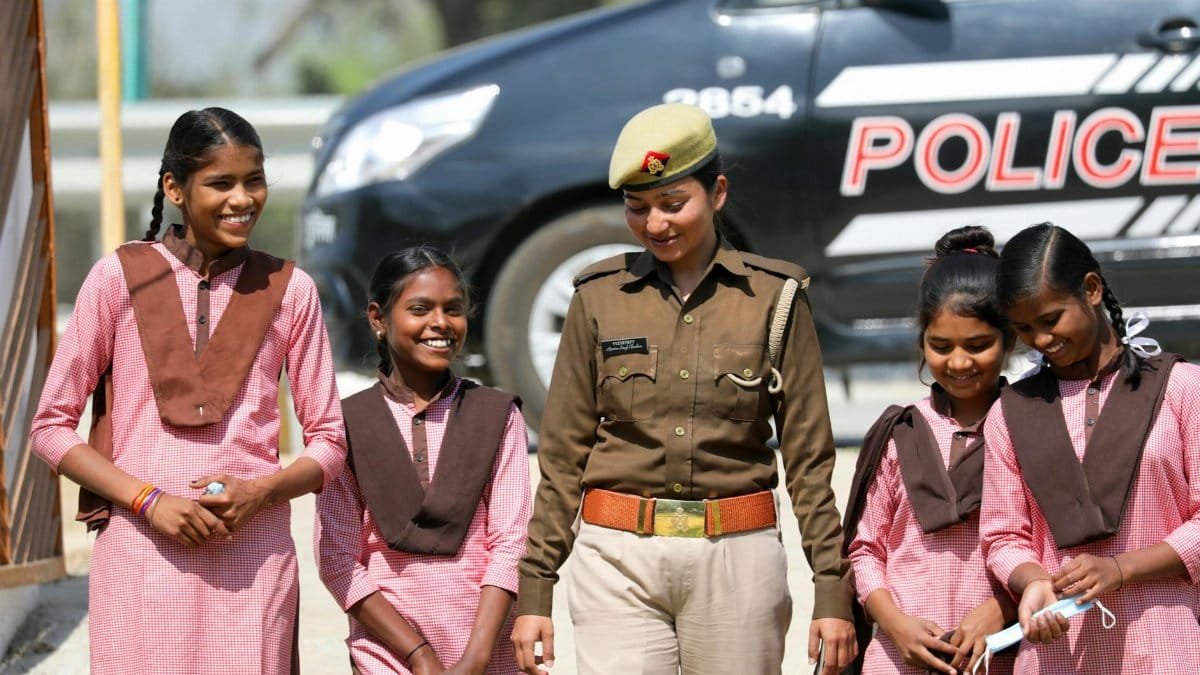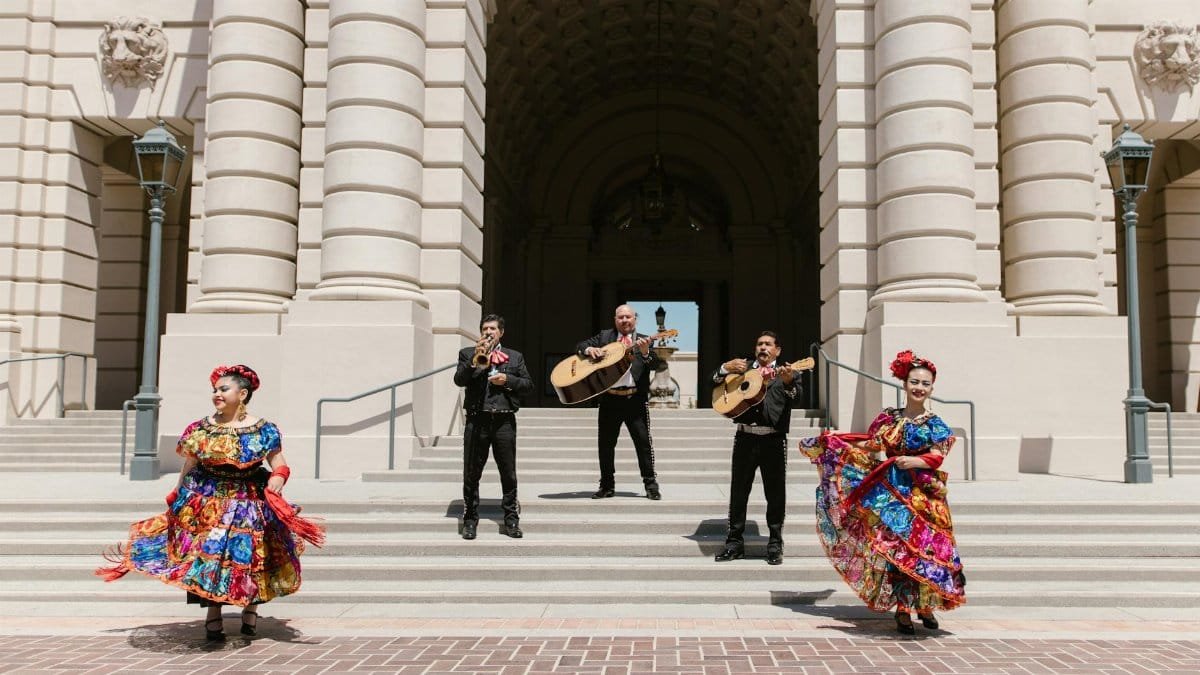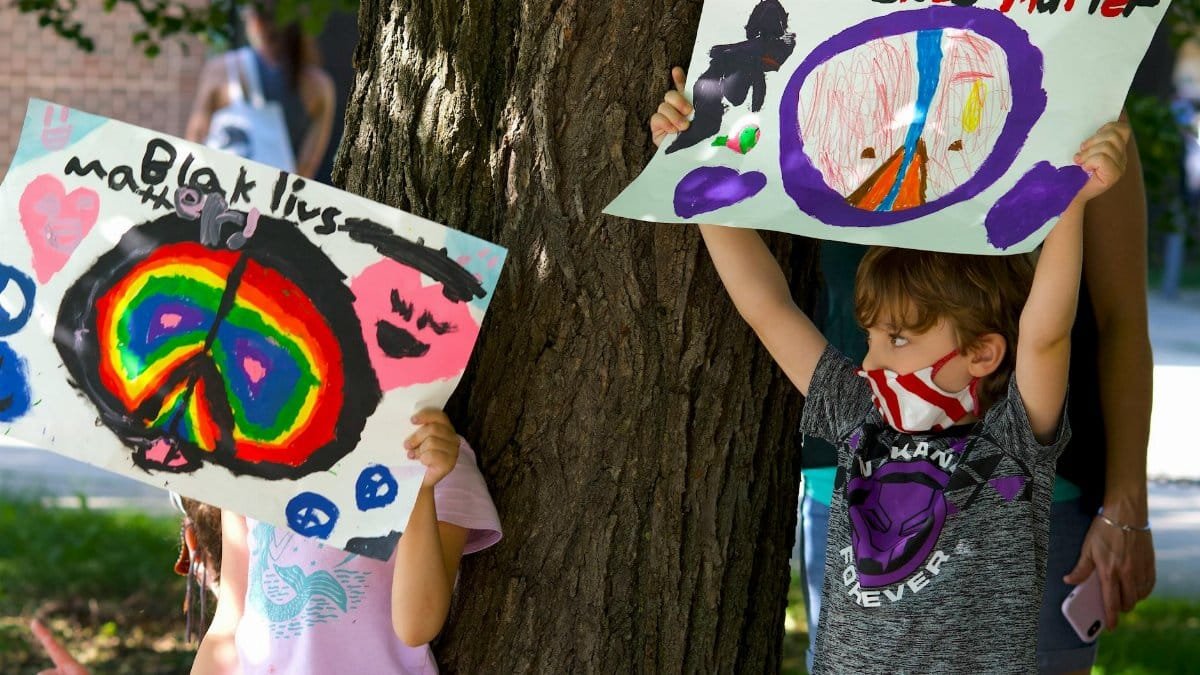Is the mindful citizenship California bill the future of education reform? California has taken a bold step forward with new legislation that aims to reshape how students learn about responsible citizenship. Signed into law by the governor, this bill promotes the development of educational materials that integrate mindfulness and ego awareness into civics curricula. It’s a move that could redefine how young Californians understand their role in society, blending self-reflection with civic duty in a way that’s both innovative and timely for 2025’s evolving educational landscape.
A Groundbreaking Approach to Civics Education

California’s latest legislative move isn’t just another education bill—it’s a potential game-changer. The state has passed a measure that encourages schools to incorporate mindfulness practices and ego awareness into their teaching of responsible citizenship. This isn’t about meditation sessions in the classroom but rather fostering a deeper understanding of how personal awareness can influence civic behavior. The goal? To create citizens who are not only informed but also introspective about their impact on their communities.
Why Mindfulness Matters in Citizenship

The core idea behind this bill is simple yet profound: mindfulness can enhance civic responsibility. By focusing on self-awareness, students are encouraged to reflect on their emotions, biases, and actions before engaging in societal roles. This approach aims to build a foundation for empathy and ethical decision-making, qualities that are increasingly vital in a polarized world. California lawmakers believe that teaching students to be mindful of their inner selves will translate into more thoughtful participation in democratic processes.
Ego Awareness as a Civic Tool

Alongside mindfulness, the bill emphasizes ego awareness—a concept that involves recognizing and managing one’s ego to better interact with others. In the context of citizenship, this means understanding how personal pride or insecurities might affect community engagement. Educational materials developed under this legislation will likely include exercises or discussions that help students identify these traits, encouraging them to set aside personal biases when making decisions that affect the collective good. It’s a nuanced addition to traditional civics lessons.
Implementation Challenges Ahead

While the concept is promising, rolling out this curriculum won’t be without hurdles. Schools will need to train educators on how to teach mindfulness and ego awareness effectively, a process that could require significant resources. Additionally, there’s the question of how to standardize these abstract concepts across diverse districts. California’s Department of Education will likely face pressure to ensure that these materials are accessible and adaptable, avoiding a one-size-fits-all approach that might alienate some communities or educators.
Potential Impact on Students

What could this mean for California’s youth? If implemented well, the mindful citizenship California bill might equip students with tools to navigate complex social and political landscapes with greater emotional intelligence. Imagine a generation of voters who pause to reflect on their motivations before casting a ballot or engaging in activism. Supporters argue that this could lead to more constructive dialogue and less divisiveness, addressing some of the societal tensions that have defined recent years.
Broader Context in U.S. Education Trends

California’s initiative doesn’t exist in a vacuum. Across the U.S., there’s growing interest in social-emotional learning (SEL) as a complement to academic instruction. Studies from organizations like the Collaborative for Academic, Social, and Emotional Learning (CASEL) show that SEL programs can improve student outcomes in behavior and academic performance. California’s bill aligns with this trend, taking it a step further by linking personal awareness directly to civic duty, a connection that could inspire other states to follow suit in 2025.
Support and Criticism of the Legislation

The bill has sparked a mix of enthusiasm and skepticism. Advocates praise it as a forward-thinking way to address mental health and civic engagement simultaneously, pointing to research from institutions like the Greater Good Science Center at UC Berkeley that highlights the benefits of mindfulness in education. Critics, however, worry that it might distract from core academic subjects or impose subjective values on students. The debate reflects broader national conversations about the role of schools in shaping personal development versus delivering factual knowledge.
Next Steps for California Schools

With the bill now law, the focus shifts to execution. State education officials will need to collaborate with curriculum developers to create materials that balance mindfulness teachings with traditional civics content. Pilot programs may emerge in select districts to test the effectiveness of these new approaches before a statewide rollout. How these initial efforts are received could determine whether this legislation becomes a model for others or a cautionary tale of overreach in educational reform.
A Step Toward Holistic Education

California’s push for mindful citizenship education signals a shift toward a more holistic view of what it means to be a citizen. By weaving mindfulness and ego awareness into the fabric of civics, the state is betting that self-reflection can be as critical as understanding government structures. As this initiative unfolds, it will be worth watching whether it truly transforms how students engage with their world—or if it remains a well-intentioned but challenging experiment in the ever-evolving field of education.
